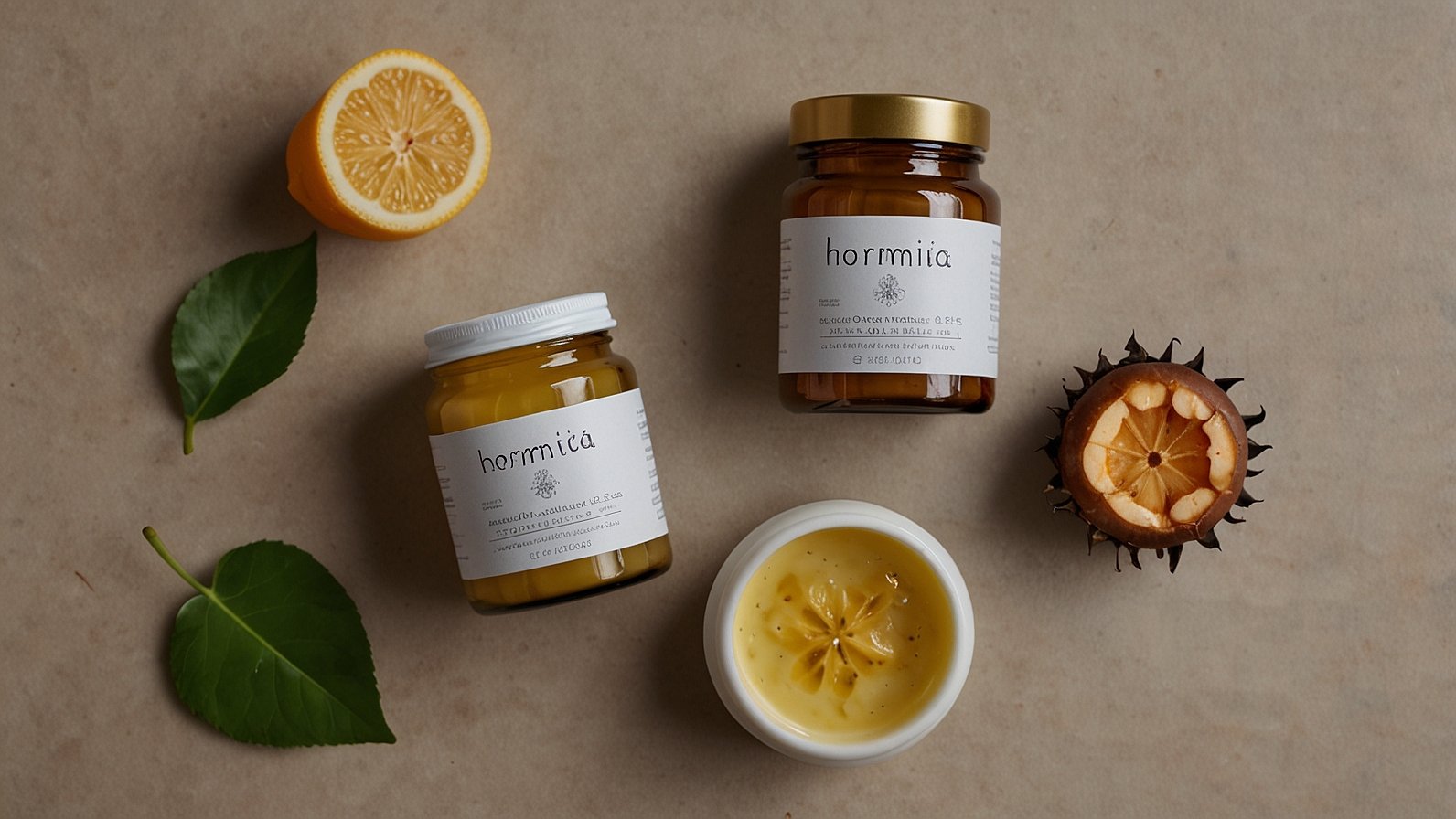In today’s health-conscious society, immunity is a prime focus for maintaining overall well-being. Herbs have been used for centuries in various cultures as natural remedies for a plethora of ailments. The intriguing connection between herbs and immune health continues to draw interest from both researchers and health enthusiasts. Discovering the potential benefits these natural substances provide could offer an advantage in achieving a more robust immune system. Below, we delve into the world of herbal immunity enhancers, shedding light on how they might fortify your body’s defenses.
Incorporating Herbs into Your Diet for Optimal Immune Health
Adding herbs to your daily routine is a simple way to support immune health. Whether through teas, cooking, capsules, or tinctures, herbs like ginger, peppermint, and turmeric can offer natural benefits. Turmeric, for example, contains curcumin, which may help promote a healthy immune response. Another well-known herb for immune system booster is echinacea, often used to help the body fight off colds and other minor illnesses.
When using herbs, it’s important to choose high-quality, organic, and non-GMO sources to avoid unwanted chemicals and ensure potency. While herbs can offer great support, they work best when paired with a healthy lifestyle. Balanced nutrition, exercise, good sleep, and stress management are still key to keeping your immune system strong.
Exploring the Role of Herbs in Immune System Function
Herbs have been traditionally used to enhance the immune system, with their bioactive compounds aiming to maintain health and prevent illness. Modern science has confirmed some of these traditional beliefs, identifying certain herbs with immunomodulatory effects.
Herbs are also studied for their role in nurturing a healthy immune response, stimulating the body to produce more white blood cells, reducing inflammation, and supporting antioxidant capacity. A diverse range of herbal constituents could be beneficial in bolstering immune function. Herbs can be instrumental in supporting various aspects of immune health, and incorporating a variety into one’s diet is considered a holistic approach to immune support.
Natural Immune Boosters: How Herbs Can Enhance Immune Response
Herbs are known as natural immune boosters due to their immunomodulating properties. They stimulate immune cell activity and promote the production of signaling molecules that regulate immune responses. Echinacea and astragalus are popular for their potential to enhance immune function. These claims should be considered alongside conventional medical advice.
Some herbs can strengthen the immune system when combined with lifestyle choices. Their natural compounds may synergize with bodily processes, fostering a more active and responsive immune system. Herbal supplementation should be approached thoughtfully, considering proper dosage and potential interactions with other medications. Consultation with healthcare providers is recommended before incorporating new herbs into one’s regiment.
READ ALSO: Key Strategies for Effective Weight Loss through Intermittent Fasting
Herbs with Antimicrobial Properties for Immunity Support

Herbs with antimicrobial properties can provide additional protection against pathogens like bacteria, viruses, and fungi. Garlic, oregano, and other herbs like allicin and carvacrol have potent antimicrobial properties. Research is exploring their potential to reduce infection risks and support the body’s fight against common pathogens.
These herbs can serve as both curative and preventative measures, reducing the likelihood of falling ill. They should complement prescribed antimicrobial treatments when needed. Further clinical research is needed to translate these properties into practical immune support, so caution is necessary when considering these herbs as part of an immunity-boosting strategy.
Adaptogenic Herbs: Balancing Stress and Immunity
Adaptogenic herbs, such as ashwagandha, rhodiola rosea, and holy basil, are being studied for their potential to help the body cope with stress and potentially support immune health. These herbs balance the endocrine system, particularly the adrenal glands, which are critical in the body’s stress response.
They help maintain homeostasis during stressful periods, preventing overexertion of the immune system. By stabilizing the body’s stress response, adaptogens may directly or indirectly improve immunity. Regularly incorporating adaptogens into one’s routine may foster a more resilient immune response to stressors. However, the evidence supporting these benefits varies, so consumers should research and approach their use judiciously.
Overall, the integration of herbs into daily life as natural immunity boosters offers a complementary approach to traditional health practices. By thoughtfully adding the right herbs to our diet and understanding their properties and potential benefits, we can work towards supporting our immune system in a holistic and natural manner. As with any health strategy, it’s critical to balance herbal usage with professional medical advice and a well-rounded lifestyle for optimal immune health.
YOU MAY ALSO LIKE: Wheon.com Health News: Your Reliable Source for Wellness Insights










